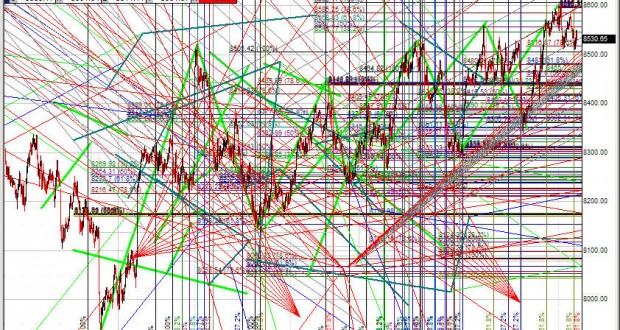The Desire
If you are trading just for the money you will quit before you are successful, Why? Anyone without a love for the game will quit during the long difficult learning process. After hundreds of hours of work and years of trading with nothing but a loss to show for all the effort anyone with common sense will think it is too hard and just quit. Those with a love and passion for trading will eventually succeed and usually make six figures or become a millionaire for their efforts. Those that do a cost benefit analysis in the first few years will generally quit due to the math.
The Skill
A trader must have the skill to trade in three dimensions. The management of the mind, the method, and money management are all crucial for success. Traders must have the discipline and perseverance to trade robust systems through different market environments without giving up. They must have the ability to accept and deal with their thoughts and emotions as they arise during both winning and losing streaks. Risk must be managed on every single trade without the ego causing bets so big that they put your future trading at risk. The trader must also have the skill to not let fear take away the traders ability to pull the trigger on a good entry.

 From the SAME AS IT EVER WAS file: Bernard Baruch, a colleague and friend of Jesse Livermore’s, who made a fortune shorting the 1929 crash, and then who later advised presidents Woodrow Wilson and Franklin D. Roosevelt on economic matters, listed the following investment rules in his autobiography published in 1958 entitled Baruch: My Own Story. These rules are still as applicable today.
From the SAME AS IT EVER WAS file: Bernard Baruch, a colleague and friend of Jesse Livermore’s, who made a fortune shorting the 1929 crash, and then who later advised presidents Woodrow Wilson and Franklin D. Roosevelt on economic matters, listed the following investment rules in his autobiography published in 1958 entitled Baruch: My Own Story. These rules are still as applicable today.




